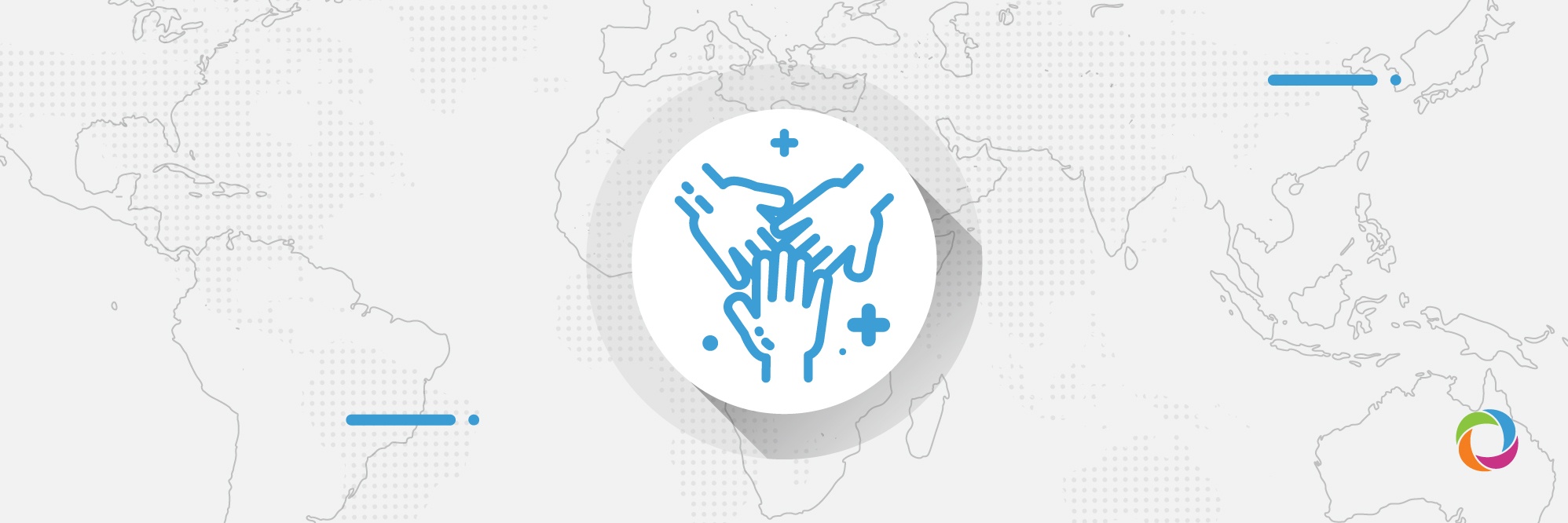Following the December 2020 presidential elections in the Central African Republic, political conflict has brought hostility and fighting, determining the top UN mission official in the country to address the UN Security Council in an urgent need to increase the number of peacekeepers to protect civilians.
When President Faustin-Archange Touadéra, 63, was re-elected on 27th of December for his second term, the rebel group Coalition of Patriots for Change (CPC), launched a series of attacks causing thousands to flee their homes. The assaults and ambushes led to seven United Nations peacekeepers killed. According to the UN, as many as 200,000 people were forcibly displaced. Boris Cheshirkov, the UNHCR spokesperson, said that “What is clear is the situation has evolved, it has worsened, we have seen that the number of refugees has doubled in just one week.” The majority of people escaped to the Democratic Republic of Congo while 9,000 fled to neighboring Cameroon, Chad, and the Republic of Congo.
UNHCR is calling for the immediate end to all violence in the Central African Republic.
Nearly 60,000 people have been forced to seek refuge in neighbouring countries since December. https://t.co/wRqslGevc7
— UNHCR, the UN Refugee Agency (@Refugees) January 15, 2021
The UNHCR reported that several rebel groups had attempted to disrupt the election process and committed a high level of abuse including sexual violence, attacks on voters, and pillaging. The worsening security situation forced the UN to ask for more peacekeepers. Mankeur Ndiaye, head of the UN peacekeeping mission in the Central African Republic (MINUSCA), said “We need an increase in our capacity in order to respond to this new threat which is destabilizing the country even further.” He also added that the UN mission would not only be responsible for protecting civilians but also for delivering humanitarian assistance to them.
Before the December elections, the UN deployed peacekeepers to CAR, which was tore apart by a civil conflict since 2012, bringing them from neighboring South Sudan. Now the MINUSCA head estimates that their presence will need to be prolonged as there are not enough troops to protect the entire country at present and, moreover, critical capacity is lacking with the peacekeepers in need of drones and attack helicopters. Ndiaye also noted the need to strengthen special forces. Apart from protecting civilians within the country, MINUSCA must also protect the borders since these have become very vulnerable locations due to the number of organized criminal groups operating nearby.
Increasing violence and the soaring number of displacements have also added to the poverty and malnutrition that the Central African Republic has been struggling with for many years. With half of those who were forced to leave their homes being children, UNICEF has assessed that the level of acute malnutrition among children under five has risen by 16.4 %, compared to the same period in 2020.
The UN agency claims that the main reason for this problem is widespread insecurity.
UNICEF also reported a dramatic growth in serious violations against children’s rights with over 380 serious violations against children having been recorded between January and July 2020 which is 2.5 times higher than in the same period in 2019. UNHCR has warned that the level of gender-based violence against children grew as a result of the closure of schools in response to the COVID-19 outbreak.
The Central African Republic is one of the poorest nations in the world that has been affected by a steady stream of conflicts, coups, and wars since 1960 when the country gained independence from France.

